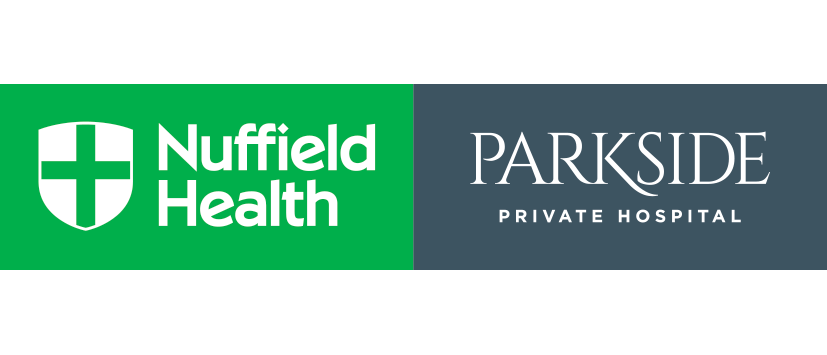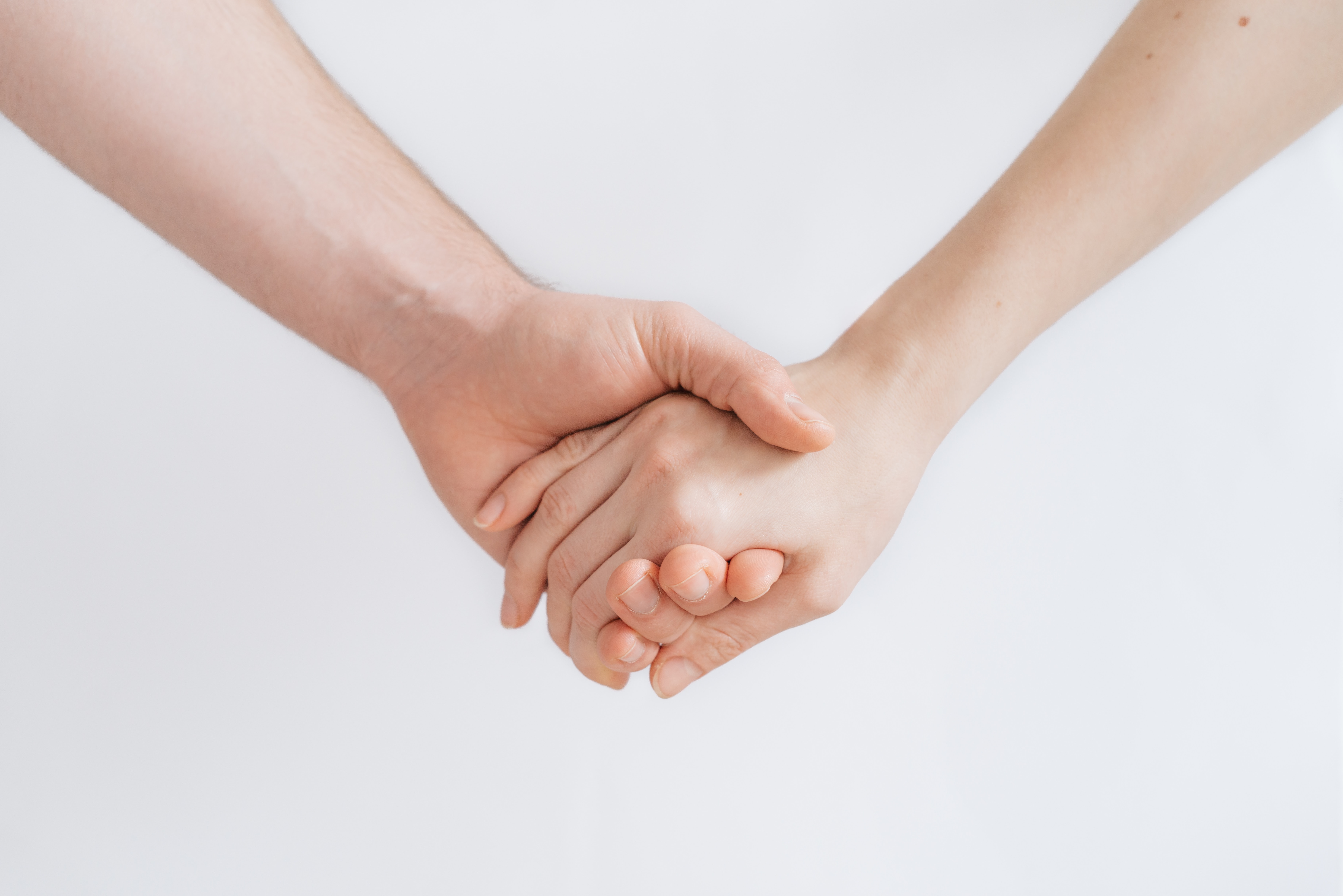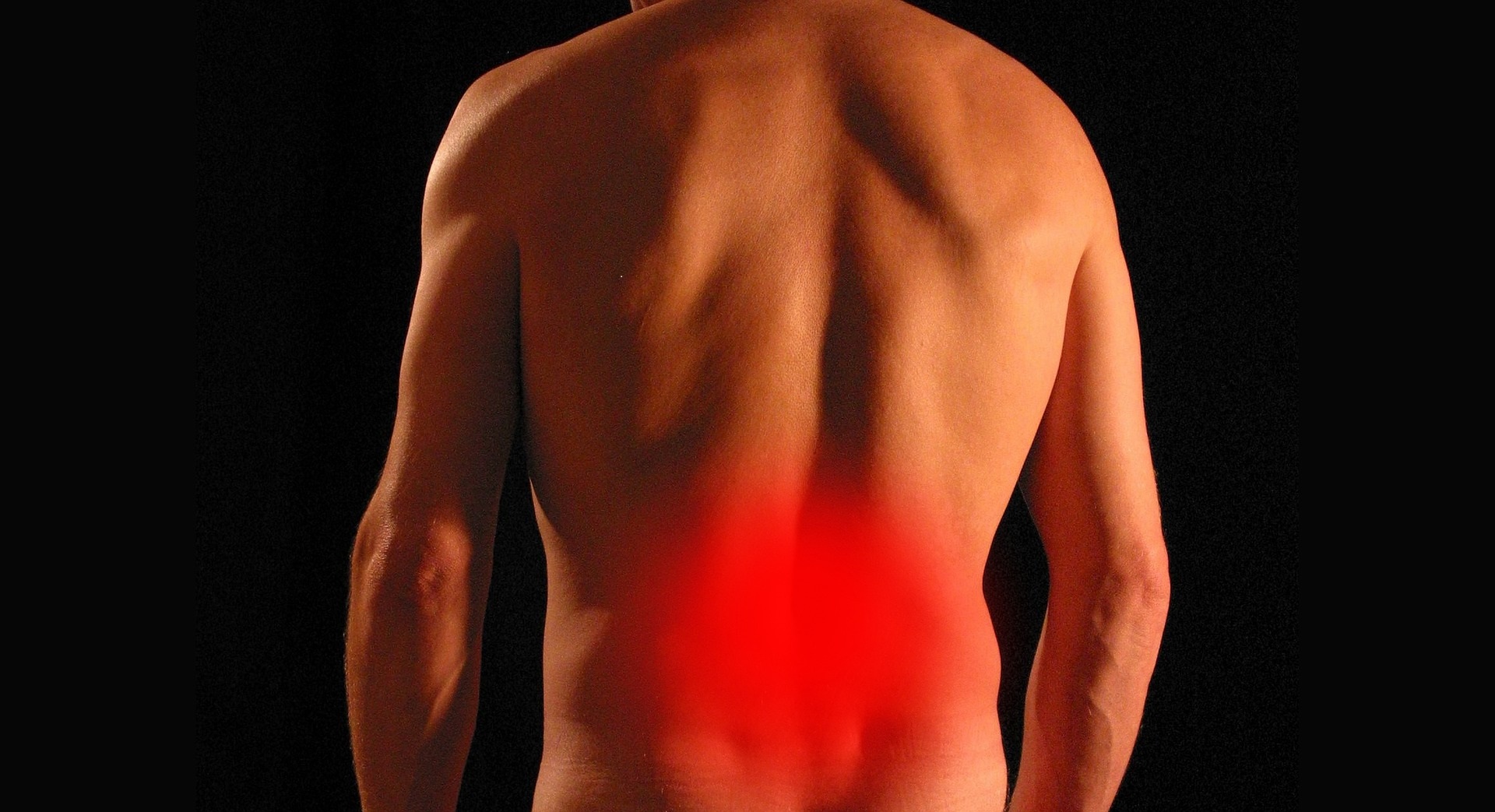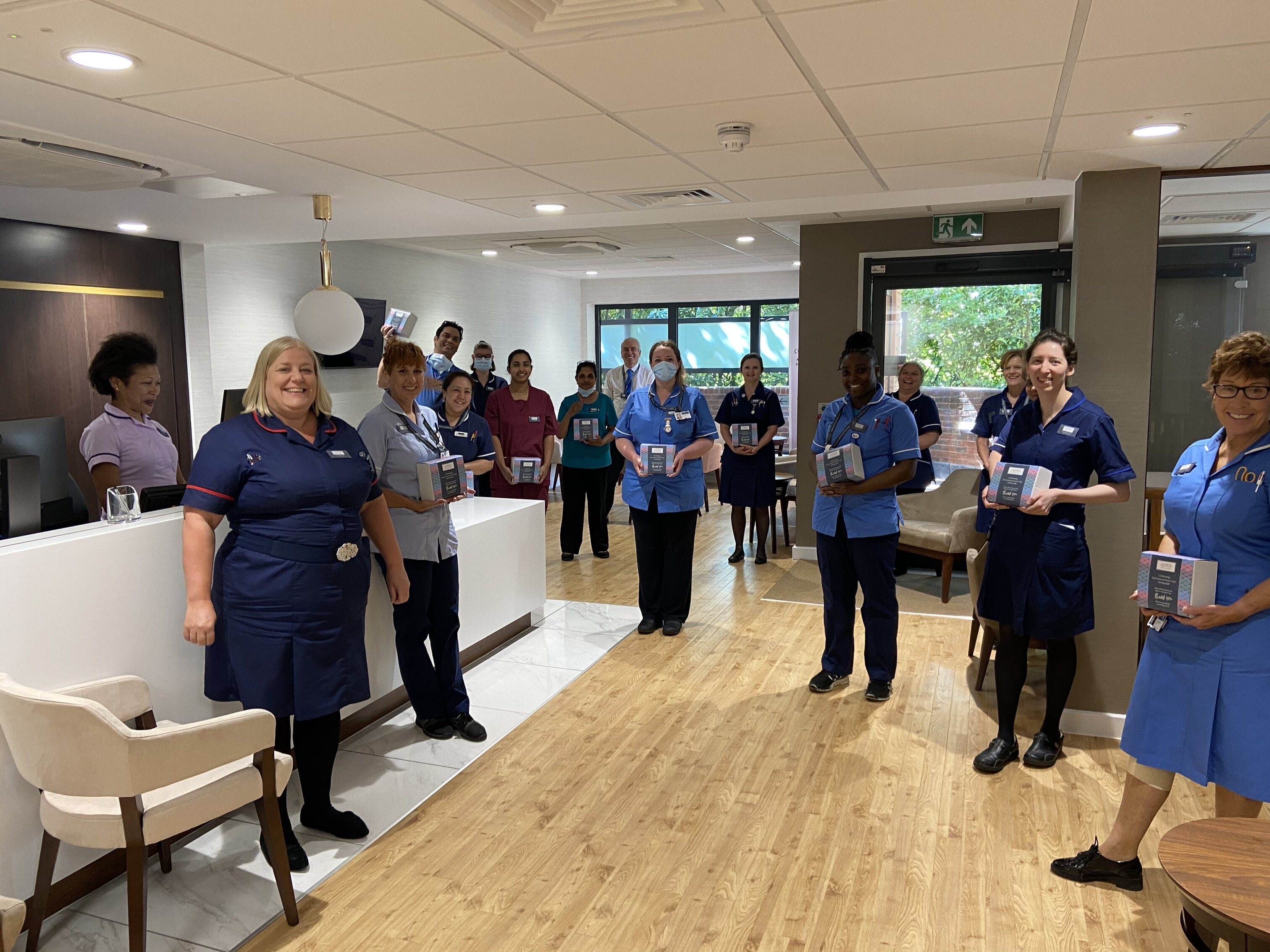It can be argued that ‘the big C’ – breast cancer – is a major determinant of whether women take hormone replacement therapy (HRT) or not. Yes, breast cancer is the most common cancer among women in the developed world, accounting for 30% of all cancers in these women.
Every so often a paper is published in a reputable journal claiming an association or causation between HRT and breast cancer – and women scatter and discard their little pills even before one could allude to the proverbial “Bob’s your uncle”. The popular press and social media go into over-drive, and all that women and their healthcare providers see or hear is that HRT causes breast cancer! These publications cause untold alarm among women taking HRT, and fly in the face of advice from the National Institute for Health and Care Excellence (NICE), which says HRT should be offered to most women as the potential benefits far outweigh the risks.
What is often notable in these reports of increased risk of breast cancer from HRT is the failure to report in context.
The absolute risk from HRT is in fact small:
- If 1,000 women aged 50-60, otherwise healthy and not taking HRT, are followed up over a five year period, 23 will develop breast cancer, emphasising just how common breast cancer is.
- If a similar number (1,000) takecombined HRT (oestrogen and progestogen, the latter to protect the lining of the womb against developing cancer) an additional 4 (total 27) will develop the disease.
- By contrast, if 1,000 who have had a hysterectomy take oestrogen-only HRT (ERT – they do not need a progestogen as they do not have a womb) there will be 4 less (total19) women who develop breast cancer.
These trends have been confirmed in a recent (2020) Women’s Health Initiative (WHI) study of a 20 year follow up of women who had taken hormone replacement therapy. In a series of randomised controlled trials they have, at several time-points, previously reported consistently that whilst combined HRT (oestrogen and progesterone) was associated with an increased incidence of breast cancer), oestrogen-only HRT (ERT) was associated with a significantly reduced risk of developing or dying from the disease. The direct interpretation of the findings from these randomised controlled trials (RCT) is that exposure to exogenous oestrogen (ERT) could prevent breast cancer!
To put these numbers into perspective:
- A BMI of>40 will add 24 women (total 47)
- Two units of alcohol per day will add 5 (total 28)
- Smoking will add 3 (total 26)
- Two hours of exercise per week will reduce the risk by 7 women (total 16).
This information is presented graphically in the graphs below.
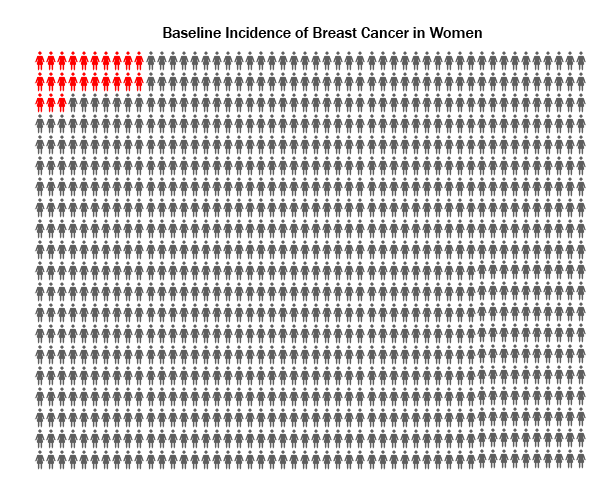
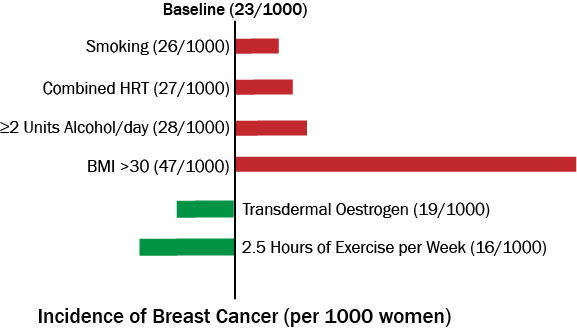
In the context of lifestyle, the alarmist nature of reporting surrounding HRT and breast cancer becomes apparent. Evidence from RCTs show a significant reduction in both incidence of and mortality from breast cancer in women who took ERT: this message should be presented clearly and robustly so that women benefit from the cheap, safe and effective hormone called oestrogen.
Since it appears that it is the progestogen that increases the risk of breast cancer in women with a womb, and therefore on combined HRT, such risk could theoretically be reduced by using the Mirena IUS to protect the endometrium while minimising breast exposure to the progestogen. Research evidence is required to prove this.
More information about Professor Isaac Manyonda can be found here.
